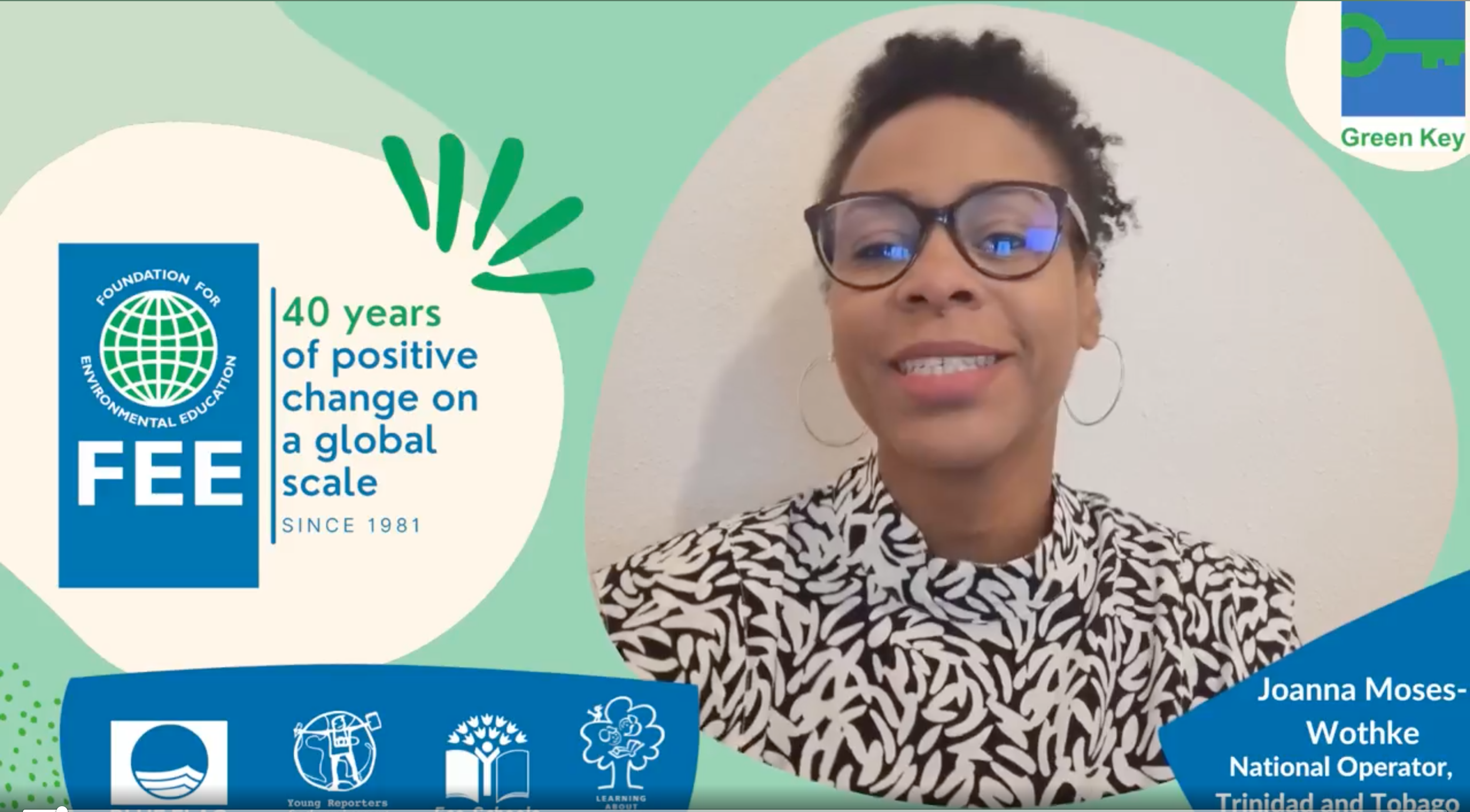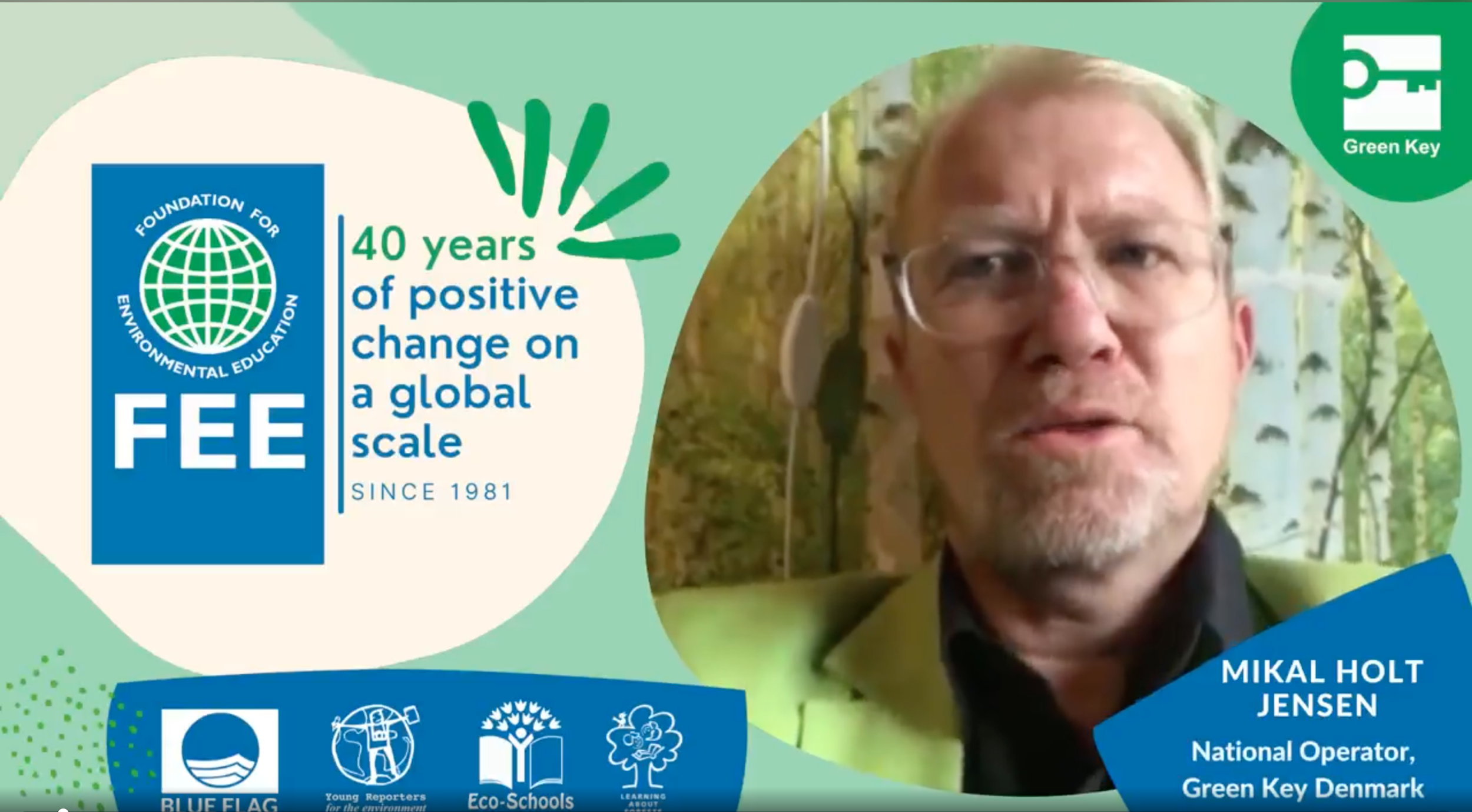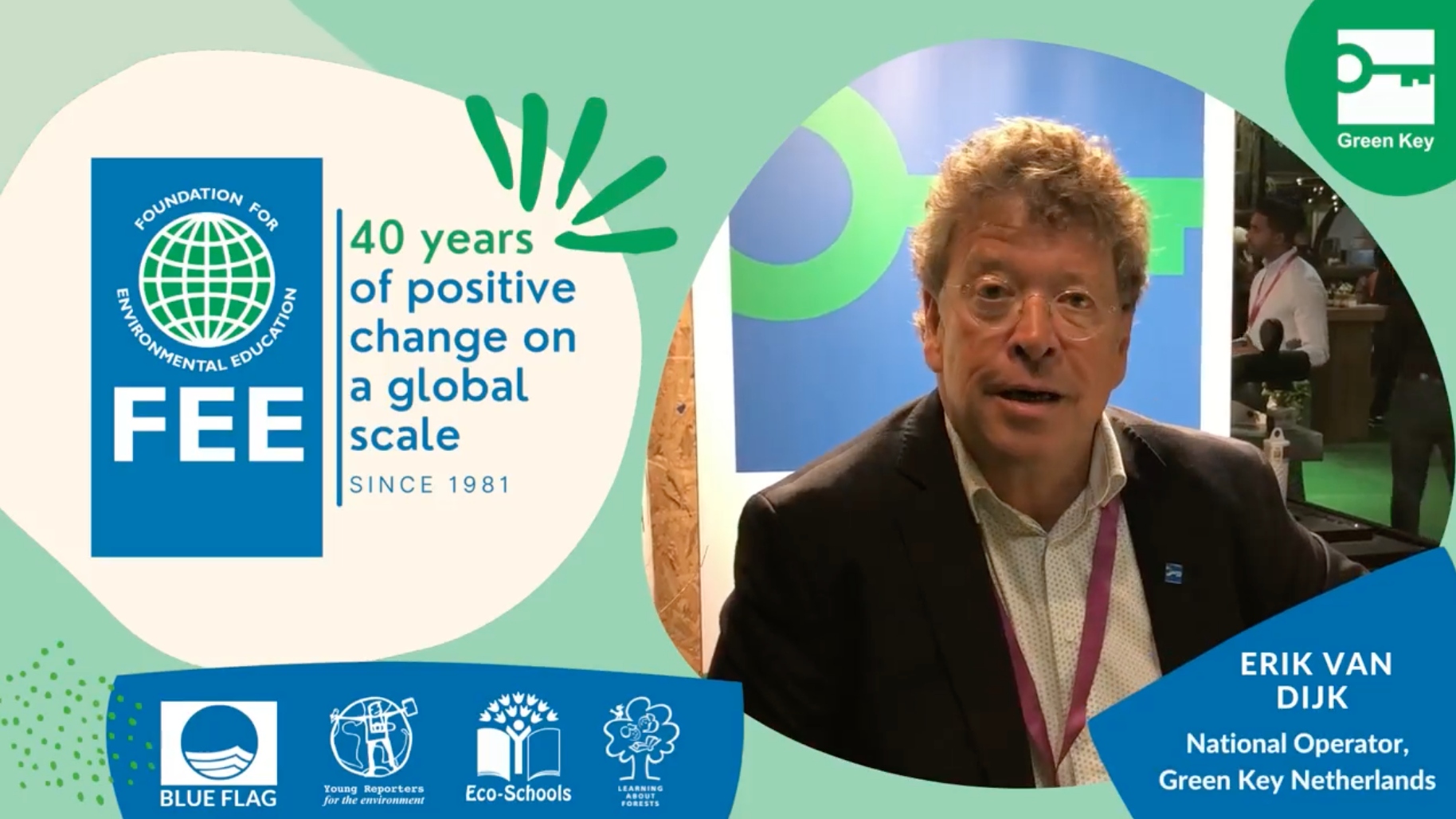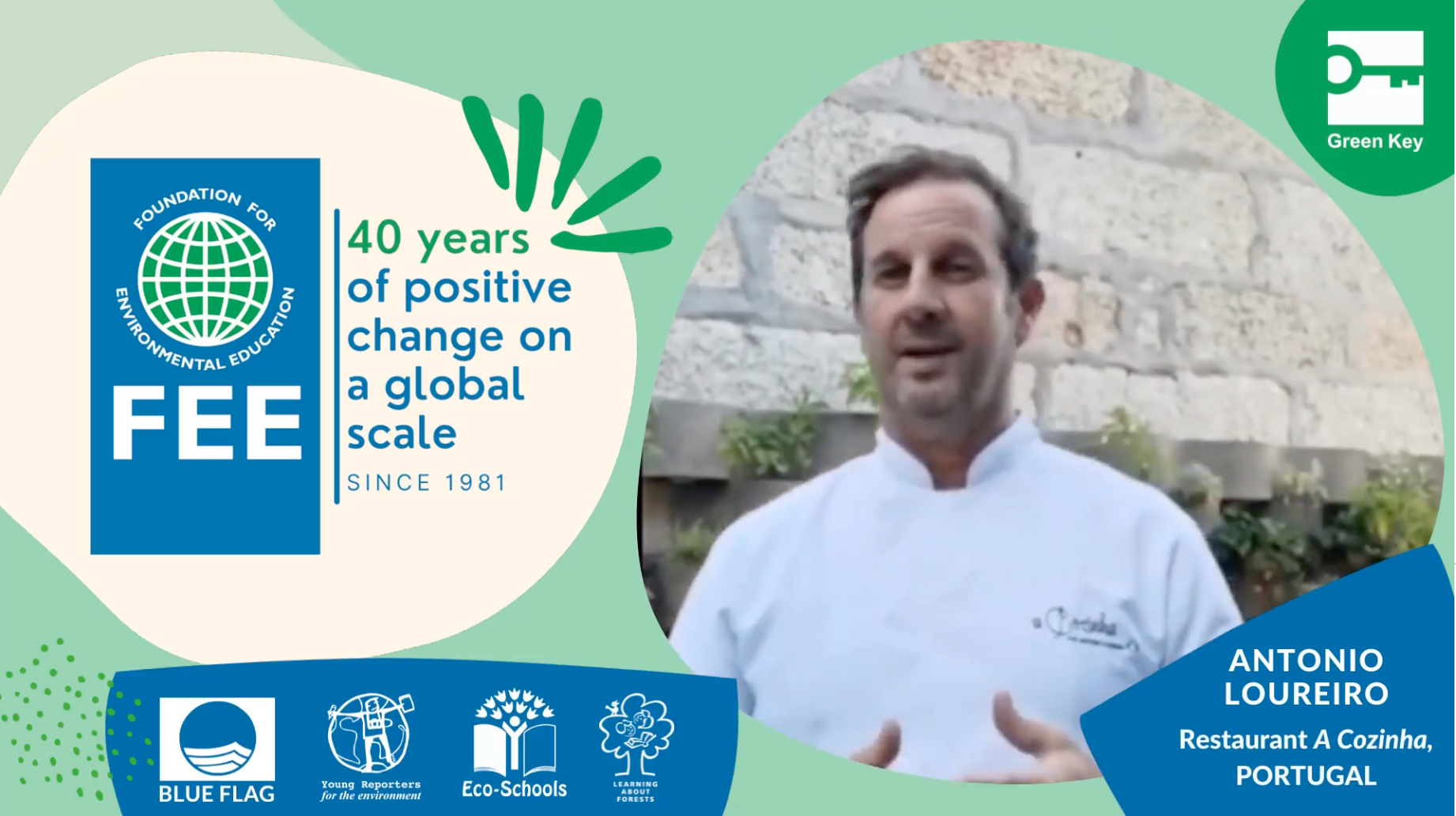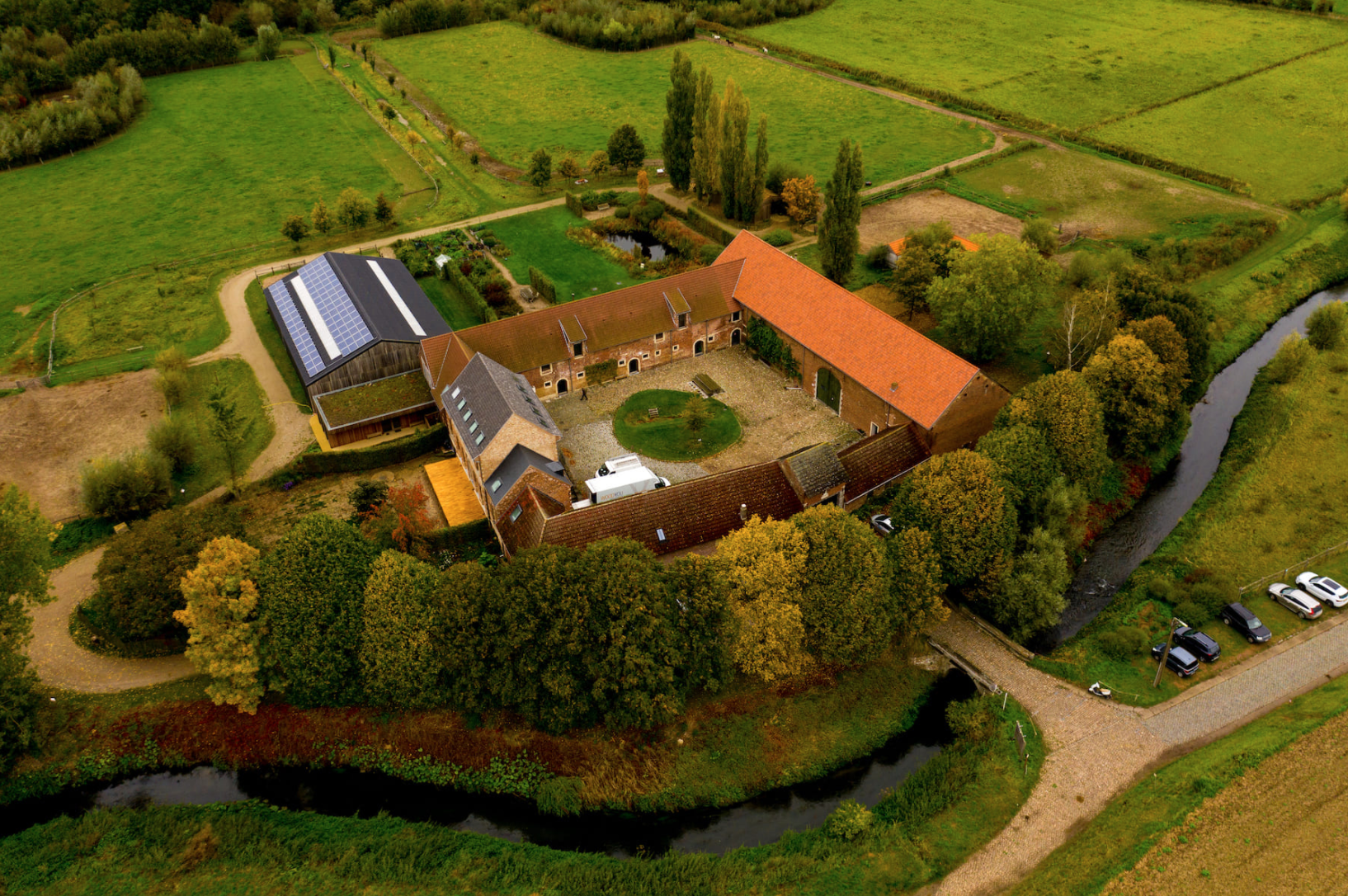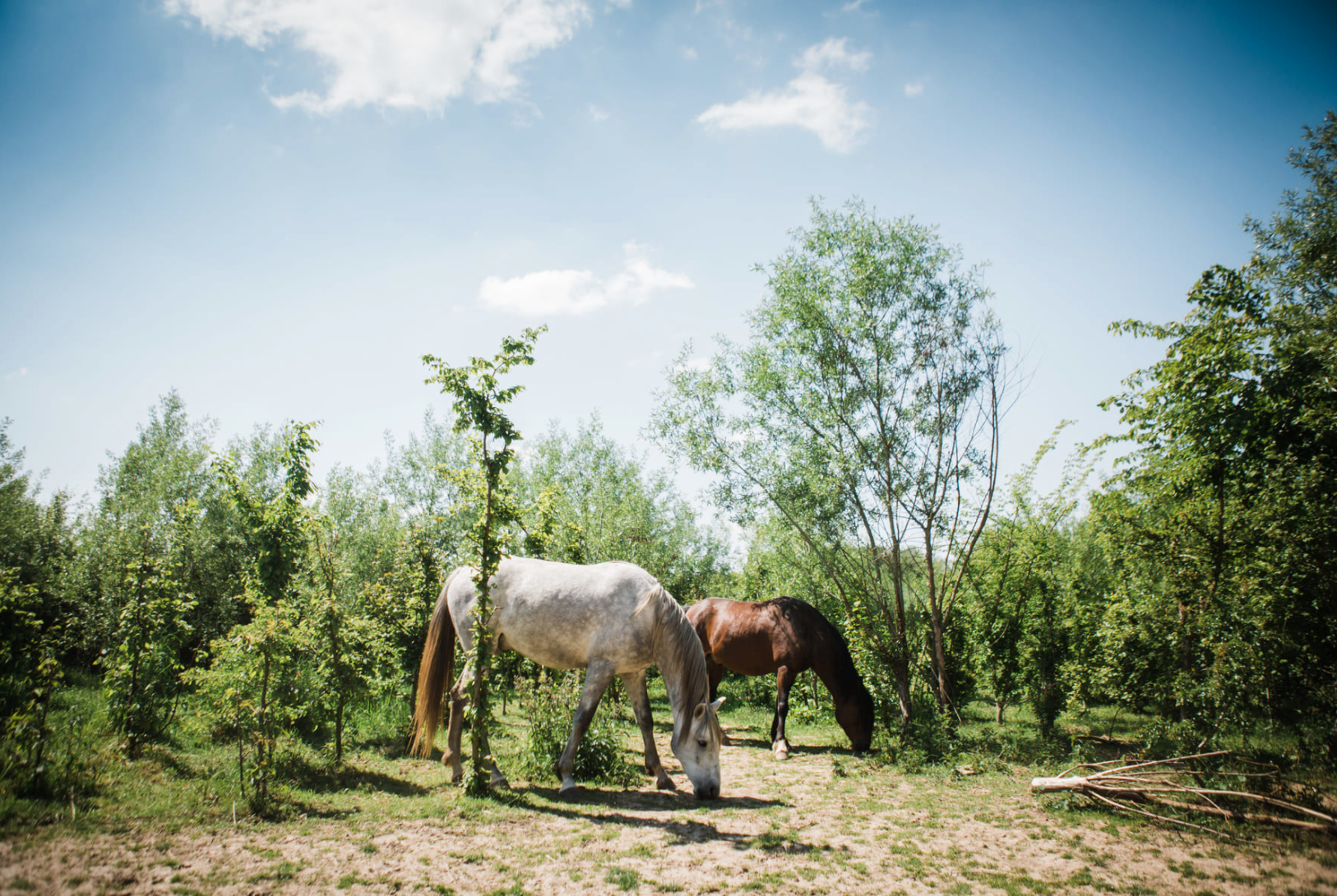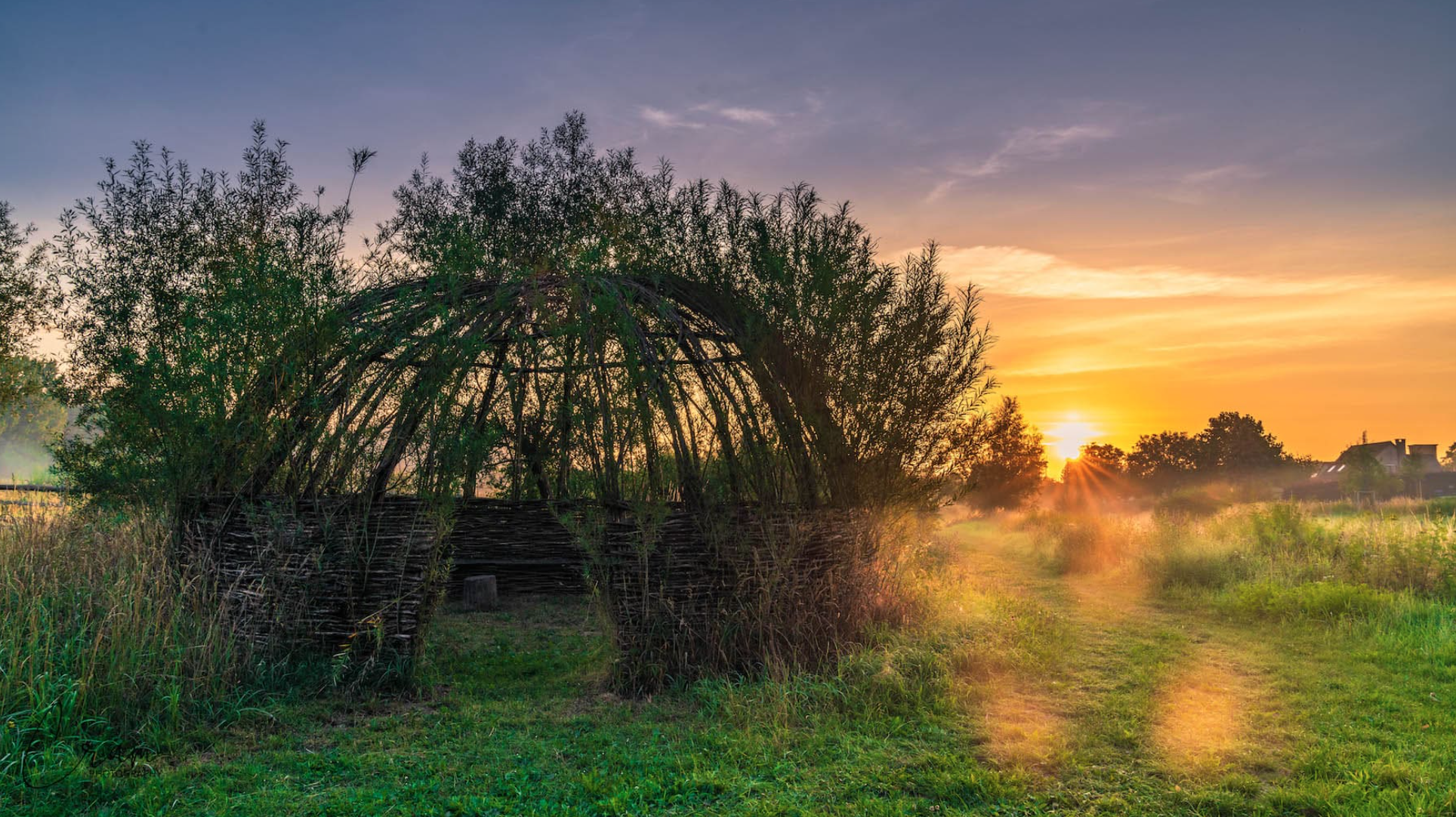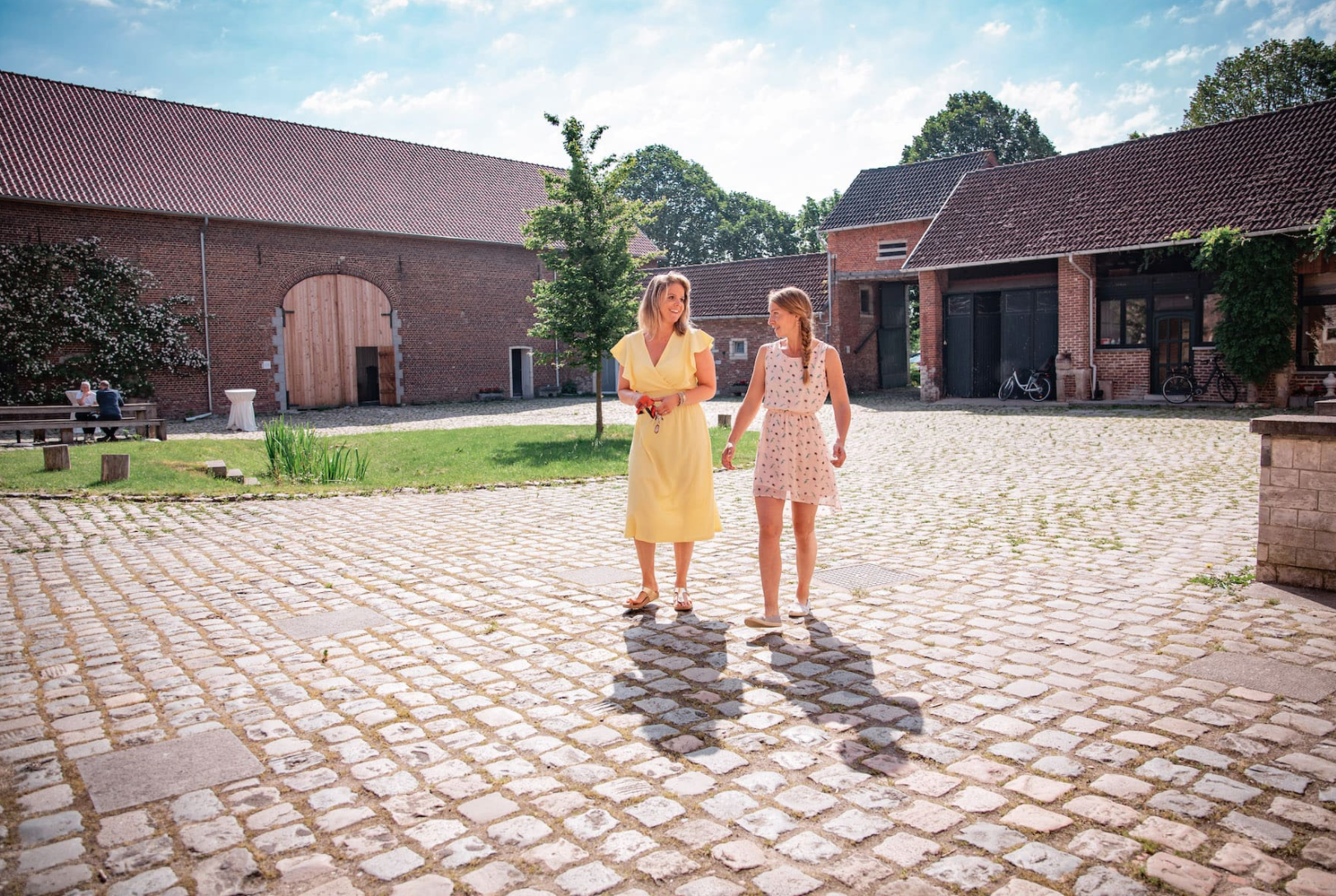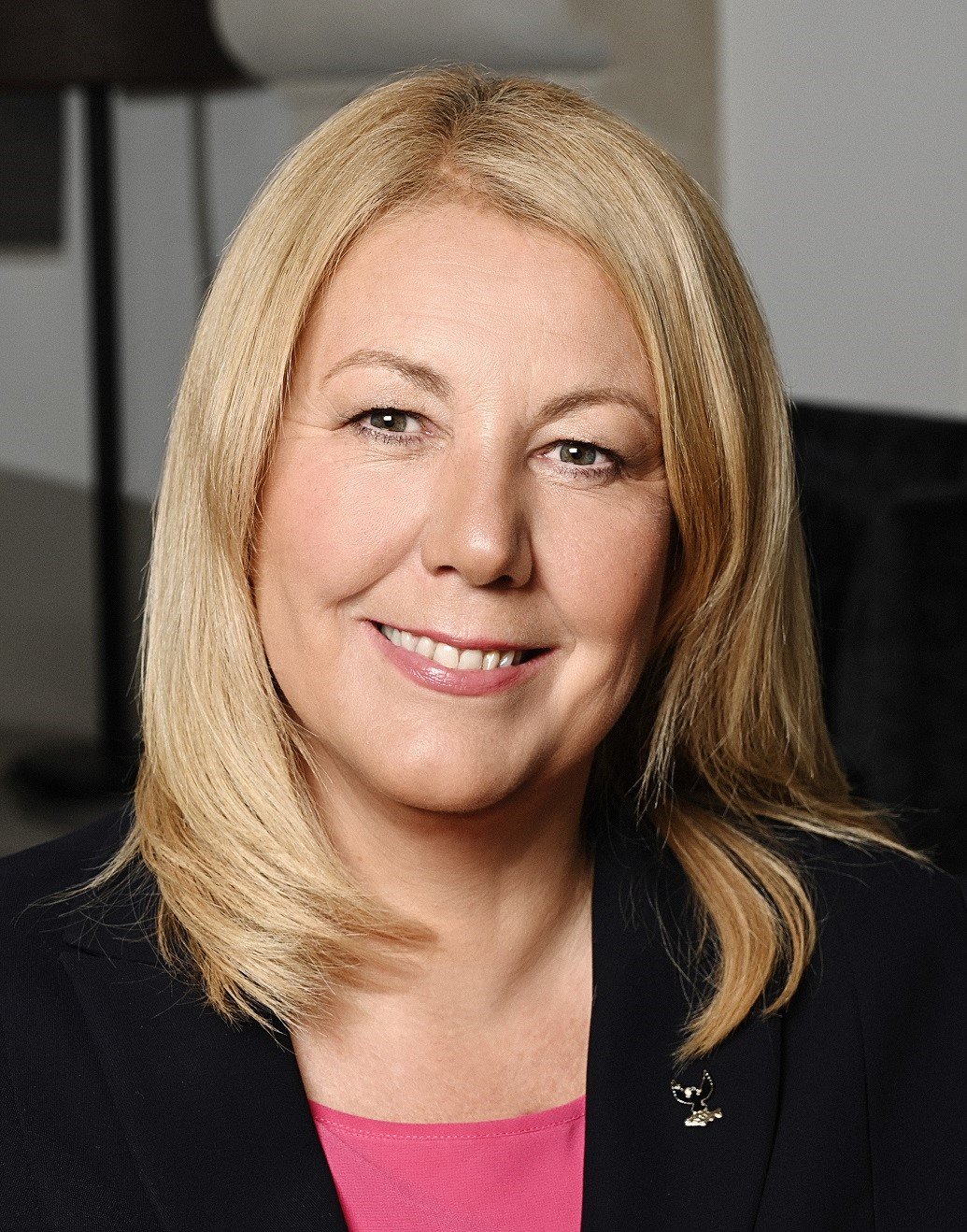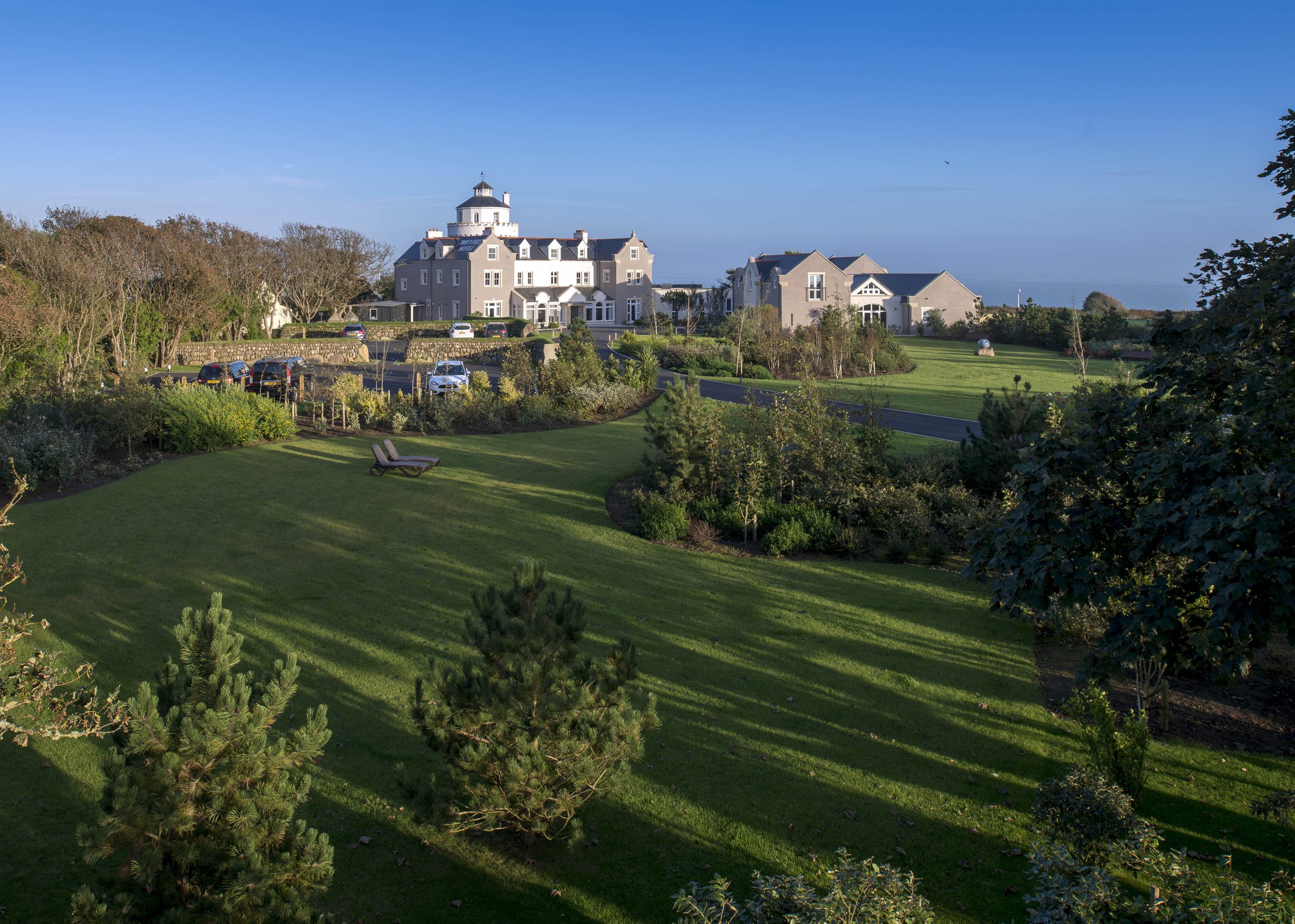Booking.com has released a new Travel Sustainable Badge that is accessible to all global partners to gain recognition through the programme, whilst making it simpler for travellers to find eco-conscious establishments.
Booking.com has introduced a sustainability recognition programme that is available for all global partners to utilise. It has been created to encourage the travel industry to act more sustainably and to make it easier for travellers to make sustainable booking choices. The online booking platform has stated that travel allows individuals to broaden their horizons and bring people together, though it is vital for travelling to be done properly, by treating the environment, biodiversity and the residents of the destination with respect.
The Booking.com Travel Sustainable badge shares their partners’ sustainability practices so that the public can understand the initiatives the establishments are taking before making their choice. Allowing those who are environmentally conscious an opportunity to make their reservation with confidence that their visit will have a low impact on the destination. There are 32 sustainability practices that establishments can choose from and the claims are verified through independent professionals in the sustainability sector. The initiatives are additionally shared in numerous languages for individuals to read on their property pages.
In addition, establishments that fulfil the criteria of a GSTC recognised standard such as Green Key have their eco-certification also added to their profile page in Booking.com.
Booking.com has stated that their research found that 73% of travellers are likely to reserve a room in an establishment that has sustainability practices in place. Though 41% are not aware of how to identify sustainable travel options. This problem is solved through the use of the new badge, showcasing establishments that are eligible for the badge as they have been verified and met the sustainability criteria model. Furthermore, the badge provides the establishments with additional recognition for their efforts.





